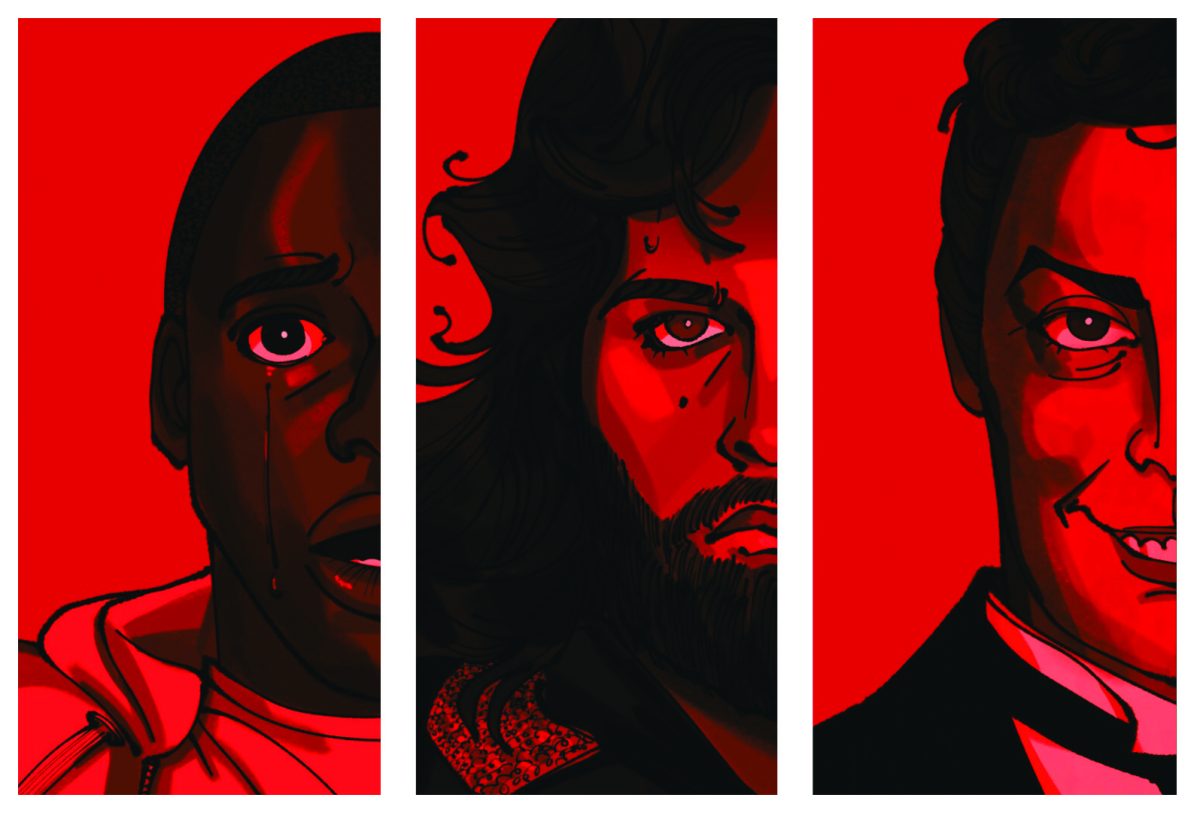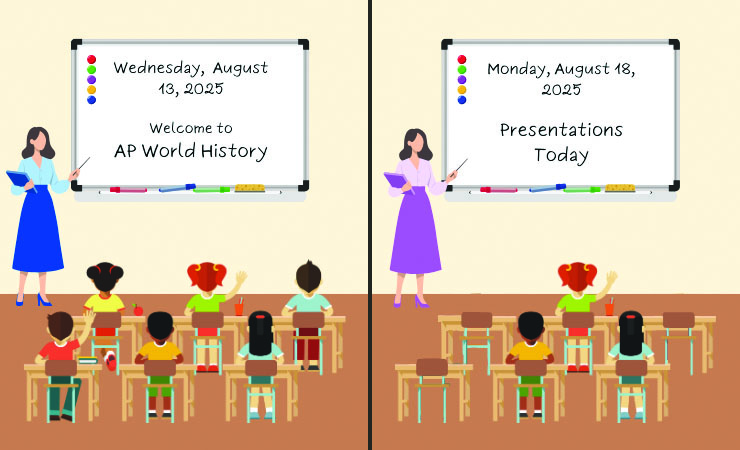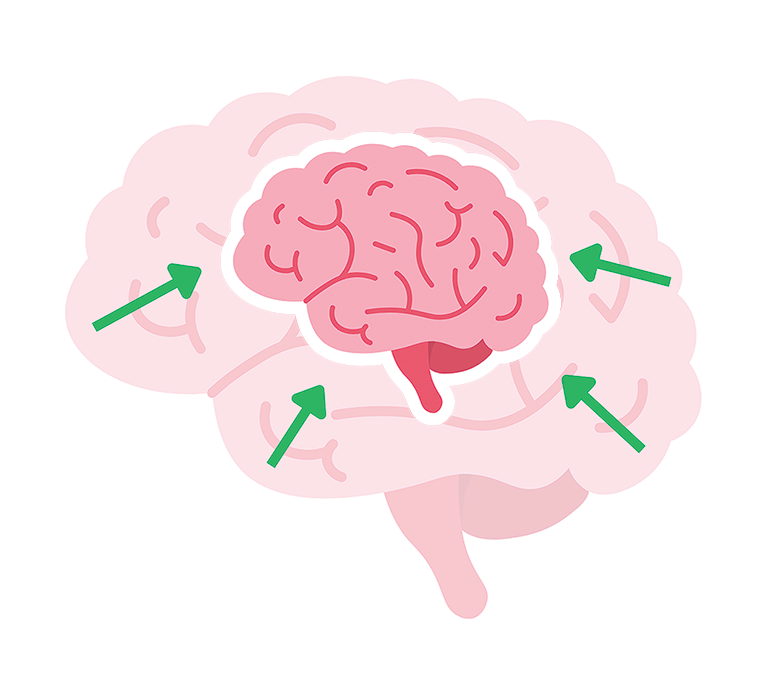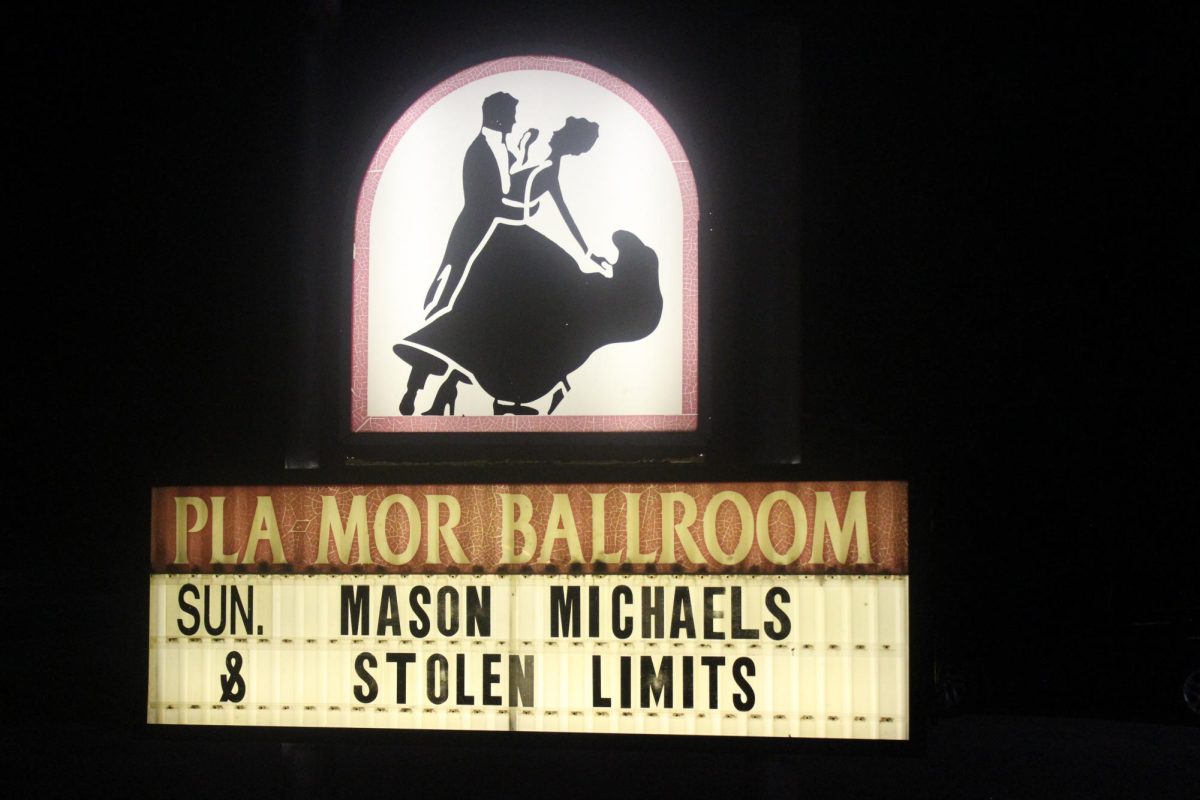Music Shaming: Why has liking popular music become wildly unpopular?
November 12, 2019
Rebecca Black is a singer widely known for her single, “Friday,” which was released in 2011. Shortly after its debut, the Rolling Stone magazine criticized the song, calling it “cringe-inducing.” Despite what the critics had to say, Time magazine placed the song at No. 1 of their “The Top 10 Everything of 2011” chart. Forbes even reported that “Friday” earned Black $37,000 one week after its initial release on Feb. 10, 2011. Why is it that such a universally hated song was so impactful? It was all fun and games to shame Black, but she is the one laughing now as she rakes in the dough. Music shaming is one person intentionally targeting another, solely for the purpose of making fun of their preference in music.
Music shaming is plaguing conversations and our culture in general. Pop music is frequently frowned upon and bashed for constantly being “overplayed.” After all, pop music literally means popular music, so people should like the genre.
According to a survey of 265 students and staff at Lincoln Southeast High School, the average respondent listens to 2.9 hours of music a day. This equates to about 70 songs a day. 58.5 percent of respondents claimed they have been embarrassed to play their favorite music in front of others. Given that the average student listens to 2.9 hours of music a day, that is 2.9 hours of their day that the majority of students feel ashamed about. See the problem yet?
The survey also showed that 57.7 percent of students believe that hip-hop (rap) is the most popular genre of music. However, only 28 percent of respondents claimed that their personal favorite genre was hip-hop (rap). This data proves that rap isn’t overwhelmingly the most popular genre as 57.7 percent of students have voiced.
Individuality is something that our culture highly values, however when it comes to music, the epidemic of shaming and silencing the minority has become far too prevalent for the beauty of individuality to shine through.
“[A person listening to their own music] gives them a sense of individuality and expression, which is a First Amendment right,” LSE senior Madi Greene said.
Like many others, Greene believes that shaming another person for their taste in music is wrong. Cognitive psychologist Dr. Daniel Levitin researched the specific reactions our brain has when we listen to our favorite music.
Levitin concluded that there are three main chemicals that are released when listening to music: Dopamine, oxytocin and prolactin. Dopamine is a “feel-good” chemical in the brain. It leads to happier moods. Oxytocin and prolactin are released when jamming out with friends. Oxytocin builds trust with others and prolactin creates a sense of bonding with those friends.
These three chemicals create happier moods. Shaming someone for their preferences, which make them happy, is stealing someone’s joy and happiness.
Why are music preferences so strong?
“[In] every generation, the youth finds their own kind of style that they prefer,” LSE senior Aiden Mensinger said.
If we look back in history, Mensinger is correct. According to a study conducted by the data analysis company, The Data Face, rock dominated the 1980s, R&B dominated the early 2000s and more recently, pop has dominated the 2010s.
Mensinger also believes that a young person’s preference in music is greatly impacted by what their parents like. He has experienced this with classmates following their parents’ preferences with music and outside of music.
“A lot of people have similar views as their parents and their views come from that,” Mensinger said.
Parents aren’t the only factor that play into people’s music preferences.
“If it’s not mainstream, people think it’s weird,” Greene said.
This poses the question of what constitutes as “mainstream.” According to the survey of 265 LSE students, the majority of students believe hip-hop (rap) constitutes as “mainstream.”
Since not everyone is the same and music provides a sense of individuality, how can one person go about navigating the stained culture of music shaming?
Junior Elizabeth Herbin provides some advice to all of those who are constantly shamed by others. “I feel like you should not be afraid to expose other people to your music tastes. If they don’t like it, it’s not on you,” Herbin said.
Acceptance and embracing a sense of individuality is a consistent theme throughout students’ opinions.
Greene believes in individuality. “It’s good for people to listen to their own music so that they’re not a copy of someone else,” Greene said.
Being able to accept differing opinions and not letting others’ opinions intercept your thoughts are two of the largest things that will help someone navigate the music-shaming culture. Let the dopamine, oxytocin and prolactin flow when jamming out to your favorite song, because everyone deserves joy and happiness in their life.










